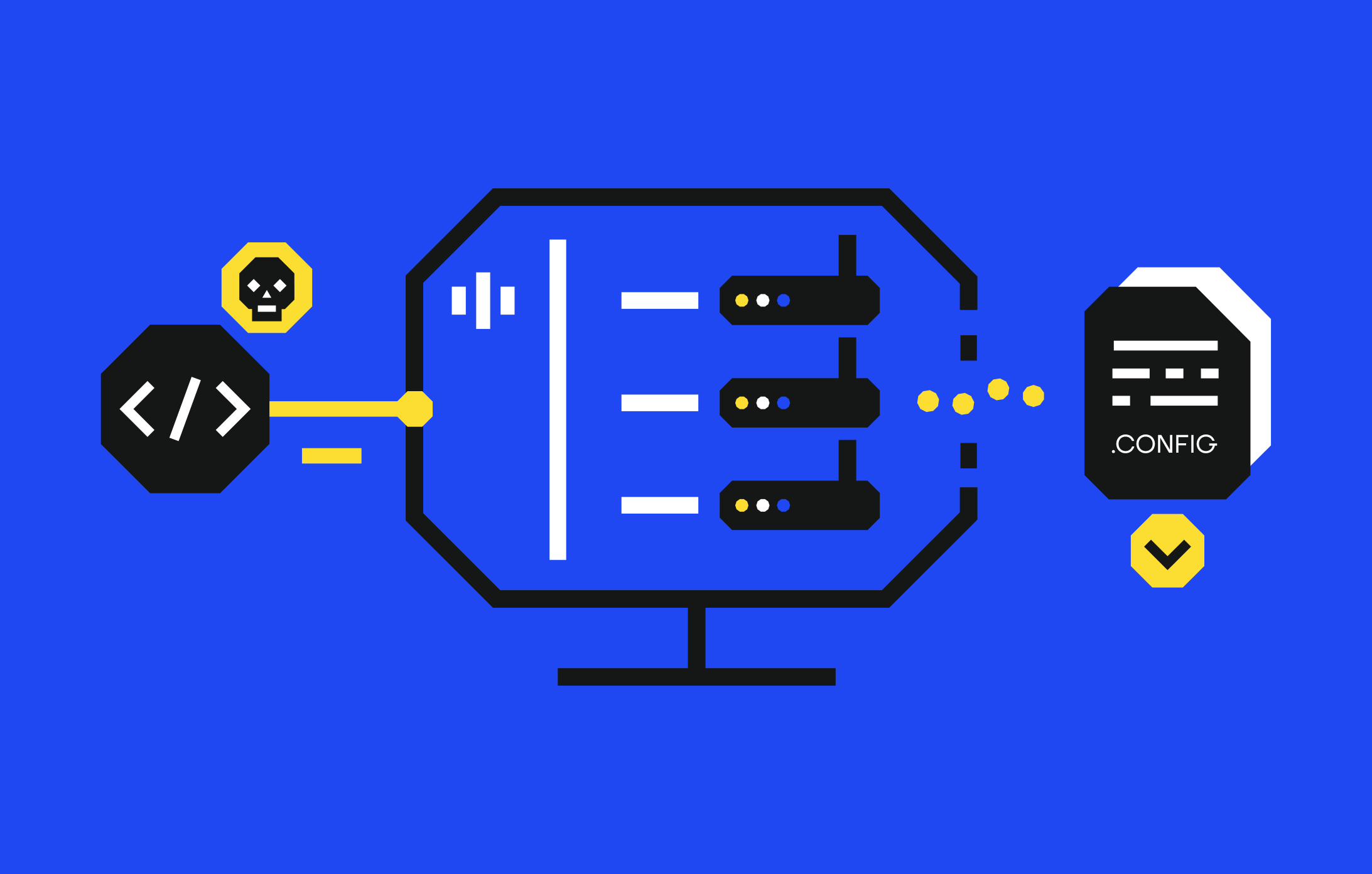There are no doubts that penetration testing is becoming mainstream now. It looks like business are eventually concerned about security. Compared to some years ago the number of companies requesting penetration tests has increased exponentially and therefore the number of companies conducting them has increased too.
One of the important problems affecting some penetration testing companies is that they conduct penetration tests with a very narrow perspective, they don’t put things into context. I call it monkey work. It is quite easy running an automated vulnerability scanner and produce a nice report. However, vulnerability scanners are not clever enough to know how a specific vulnerability affects a business.
A typical example is XSS vulnerabilities. Depending on the context they can be devastating or just a minor issue. It is up to the penetration tester to decide how important this security issue is for the business. I call it consultant work and it is where risk management comes into the game.
At the end of the day a business man just cares about the business. If he/she is conducting a penetration test it is not due to the pleasure of learning about buffer overflows and injection vulnerabilities – it is because he/she thinks the penetration test is good for the business (due to a number of reasons such as clients trust, compliance, etc.).
Therefore what they really want to know about a security issues is:
- What is the impact for the business
- What is the likelihood of happening
- How can be solved
What they are not interested in is:
- Why stack protection mechanisms can not protect you from a heap overflow
- How you control EIP on this exploit
- Why a fuzzer would have never discovered that vulnerability
- etc…





